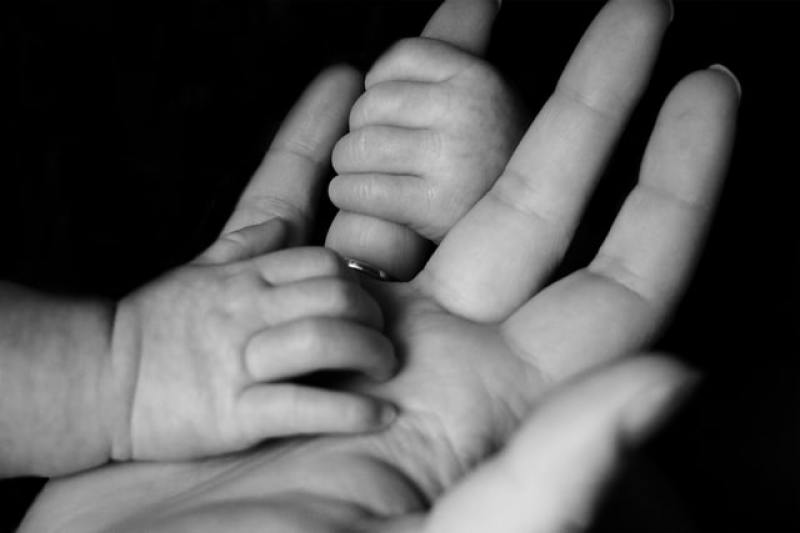
Prenatal screenings in Europe contributed to the decrease in the birth rate per year of babies with down syndrome, a report says.
According to the recent study of the European Journal of Human Genetics published in December 2020, an average of 54% of babies with DS (Down syndrome) got to see the world between 2011 and 2015, Breitbart reported
Researchers from the Massachusetts General Hospital and international Down syndrome organizations collected data from multiple databases throughout Europe in order to get a close estimate.
"But without an accurate estimate, it's impossible for policymakers and advocacy organizations to determine how many resources and support services are needed for its Down syndrome population," pointed senior author and medical geneticist Brian G. Skotko, MD, MPP.
The new screening test called NIPT (Non-Invasive Prenatal Testing), also called NIPS (Non-Invasive Prenatal Screening), will detect the possibility of unlikely conditions in the chromosomes of a 9-week-old unborn baby.
The expectant mother or parents will decide whether to proceed with more genetic testing or not. However, this prenatal diagnosis led to "elective terminations" in both U.S. and Europe.
CNA (Catholic News Agency) reports that NIPT for Down syndrome has been available in the UK since 2012. But now that NIPS is becoming more available to everyone, the birth rate for babies with DS will continue to drop in the coming years.
Without these selective terminations, though, the study suggests that there would have been about 17,331 births of babies with DS in Europe between 2011 and 2015. Now, there are only approximately 8,031 births annually.
Southern Europe has the highest reduction rate in DS births (71%), followed by Northern Europe (51%) and Eastern Europe (38 %).
Collective efforts were sought to address this growing trend of premature abortion.
In the UK, the "Don't Screen Us Out" campaign works to have the Abortion Act of 1967 amended to include the outlaw of eugenic abortions by widely raising awareness on this issue.
In Poland, the High Court ruled the outlaw of eugenic abortions in October but was vehemently opposed by pro-abortion groups and movements.
Women's Strike protested the court's ruling by organizing public demonstrations in several cities. One of their main targets was the residence of Jaroslaw Kaczynski, who is the leader of Poland's ruling Law and Justice Party (PiS).
In their defense, the court maintained that child abortion out of presumed flaws is systemic eugenics first perpetrated by the Nazis against Jews followed by the Planned Parenthood in the U.S. against people of color and non-white communities.
Back to the study, the researchers hope that governments and DS organizations will work together using their data in support of the couples receiving prenatal DS diagnosis. Skotko gave one concrete example.
"Massachusetts, for example, has an outstanding network of parents who are willing to talk about their lived experiences of raising children with Down Syndrome."
The brains behind the network is a non-profit which also aims to train and organize similar groups in Brazil, Japan, and other countries.



























